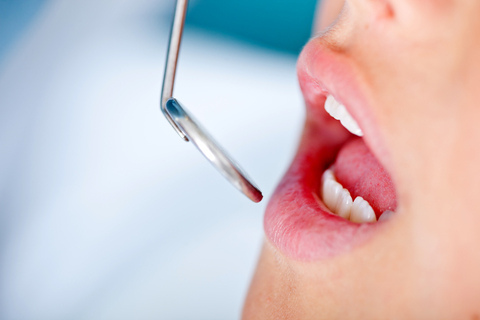Five Tips for Taking Tots to the Dentist
March 10th, 2015

Toddlers are notoriously balky about strangers. But their first dental visit should not be cause for fear and tears. Nor should you assume that getting your toddler to Surf City Pediatric Dentistry is going to involve a full-blown tantrum or Mafia-style bribery. “Honey, don’t worry. We’ll go get ice cream after…” sort of defeats the purpose of making that first dental appointment.
These five tips will make your toddler’s trip to see Dr. Guijon as fun as a stop at an amusement park.
1. Before you make a dental appointment for your child, take him or her on a ride-along to one of your dental appointments. Let your son or daughter experience the office and get the lay of the land. Toddlers don’t like surprises. But if your little one is already familiar with the big chair that goes up and down, the next time he or she will have no problem taking a seat.
2. About the big dental chair … well, it’s really an amusement park ride. See how it goes up and down? Toddlers love games, and turning the trip to the dentist into a game is among the oldest (and most successful) tricks in the parent playbook.
3. Positive reinforcement is a good thing. That's why Dr. Guijon and our staff hand out cool toothbrushes or stickers to children after their appointment. A fun-colored toothbrush with a suction bottom is a good incentive to come back for another cleaning.
4. Timing is everything. Don’t take your child to the dentist an hour before the daily nap. Make the appointment with your child’s schedule in mind. This increases the chances of success.
5. A few days before the scheduled appointment, start reading your toddler bedtimes stories about what happens at the dentist. Dora the Explorer’s Show Me Your Smile, written by Christine Ricci, is a popular dental story that your child might relate to.




